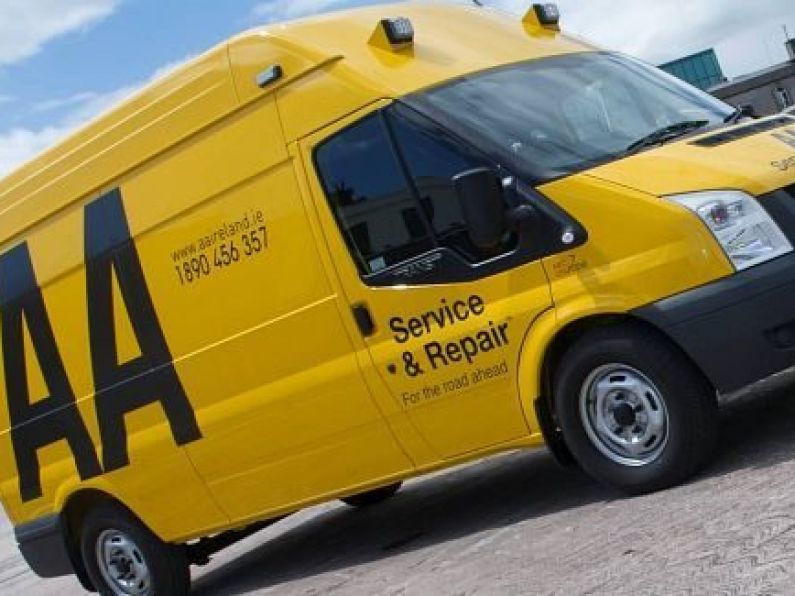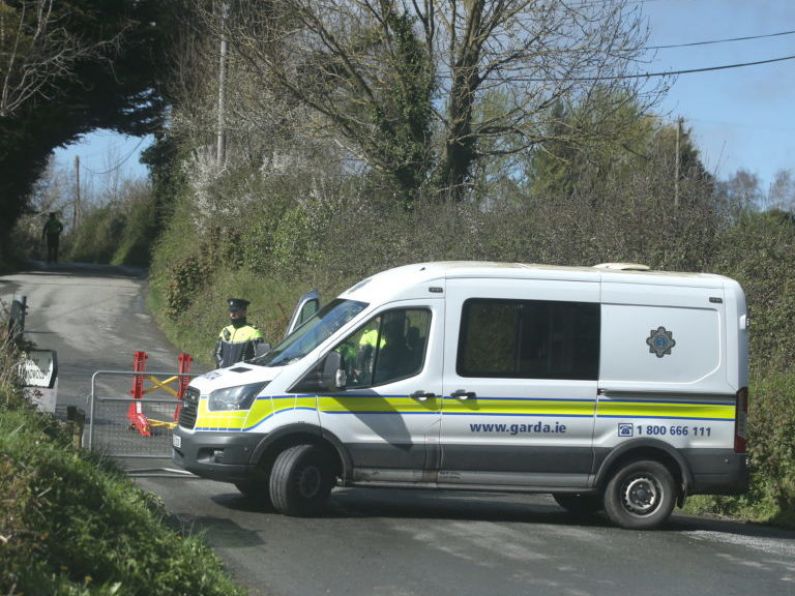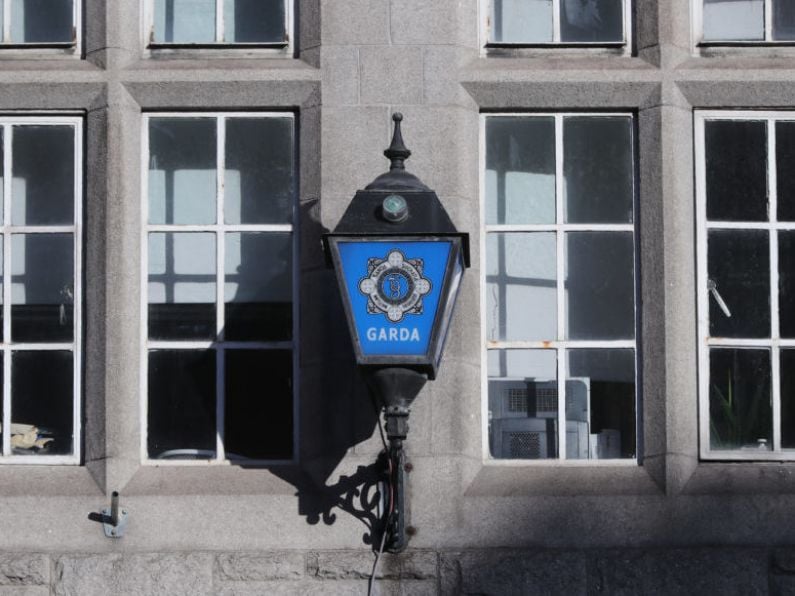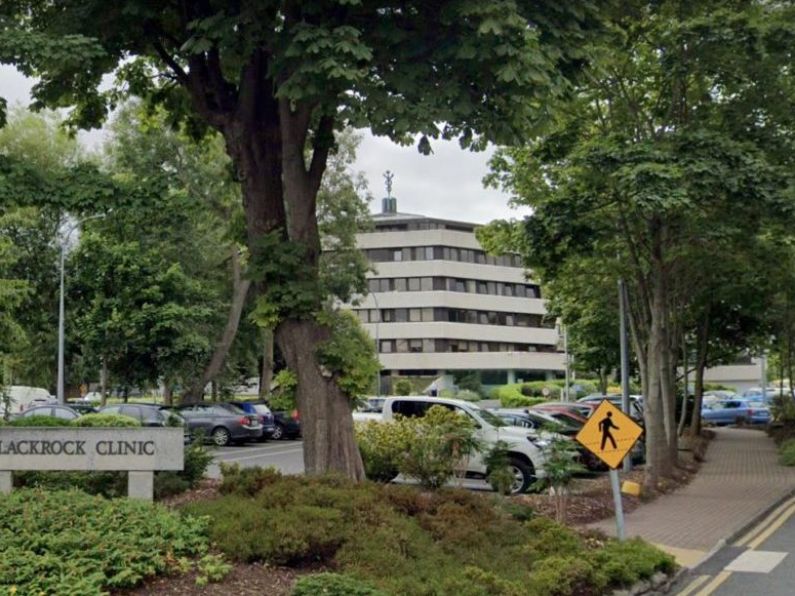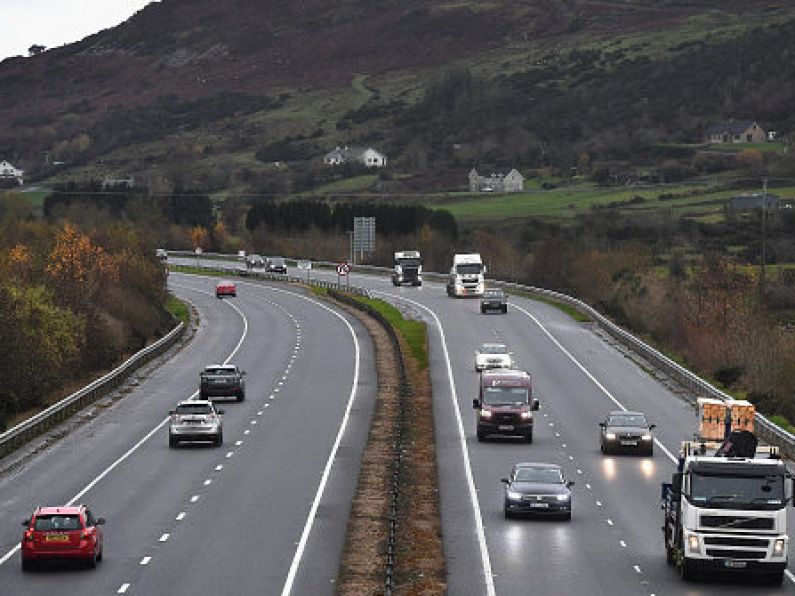Pádraig Hoare
A consumer body representing motorists has criticised the carbon tax as a “pure revenue-raising” measure, while a fuel industry body has claimed raising carbon taxes further would have “unintended consequences” for the economy.
AA Ireland claimed carbon tax was a tax made more acceptable by using political spin, and any raise in levels would make little difference to the environment.
Pro-carbon tax bodies such as the Climate Change Advisory Council say that carbon taxes need to be raised if the country has any hope of reducing emissions as part of its 2030 targets.
Without a substantial rise in tax on carbon, emissions will continue to rise, the body has said.
However, a spokesman for AA Ireland said: “Carbon taxes on road fuel are a pure revenue-raising measure with a politically palatable name.
“They do not diminish usage but they do raise money. If the Government chooses to raise fuel prices in the budget, it will be a costly disappointment to motoring consumers but it will not be an environmental measure,” it said.
The Solid Fuel Trade Group — which represents coal, briquettes and other regulated solid fuel suppliers — claimed additional carbon tax on regulated solid fuel would be most detrimental to the 600,000 people who depend on solid fuel to heat their homes.
Such a tax raise would have unintended consequences for public health, the environment and the exchequer, the group said.
In its pre-budget submission, the organisation said any further increase in tax will drive demand for more polluting fuels such as sod turf, wet wood and untaxed coal products.
Chief executive of the group, Eddie Scaife said: “In the solid fuel sector, all of the burden of fuel standards and carbon tax remittance is falling on the shoulders of legitimate businesses while illegitimate businesses, who don’t apply carbon tax or Vat, are able to sell cheaper fuel types that are shown to be more harmful to the environment and public health.
He said “the playing field is also skewed by the total absence of carbon tax and a much lower Vat rate” in the North, adding that a 5% rate applies instead of 13.5%.
“The effect of these pressures is that legitimate businesses are leaving the sector in increasing numbers.
“What we are quickly moving towards is a market that operates outside environmental and tax laws and instead to the standards and practices of illegitimate, grey market suppliers.”
Finance Minister Paschal Donohoe told members of the Oireachtas Budgetary Oversight Committee that he noted its recommendation that consideration be given to increasing carbon tax over a number of years.
“While I consider that the carbon tax can play an important role in helping to reduce national emissions, in any analysis of the carbon tax, it is necessary to consider not just its potential to reduce national emissions, but also wider economic and social impacts.
“The ESRI, as part of its joint research programme with my department, has produced initial research providing a perspective on the environmental, economic and social impacts of increases to the carbon tax. I am informed that it is developing a multi-annual model for the same purpose which will inform our views on the impacts of multi-annual increases to the carbon tax.”
